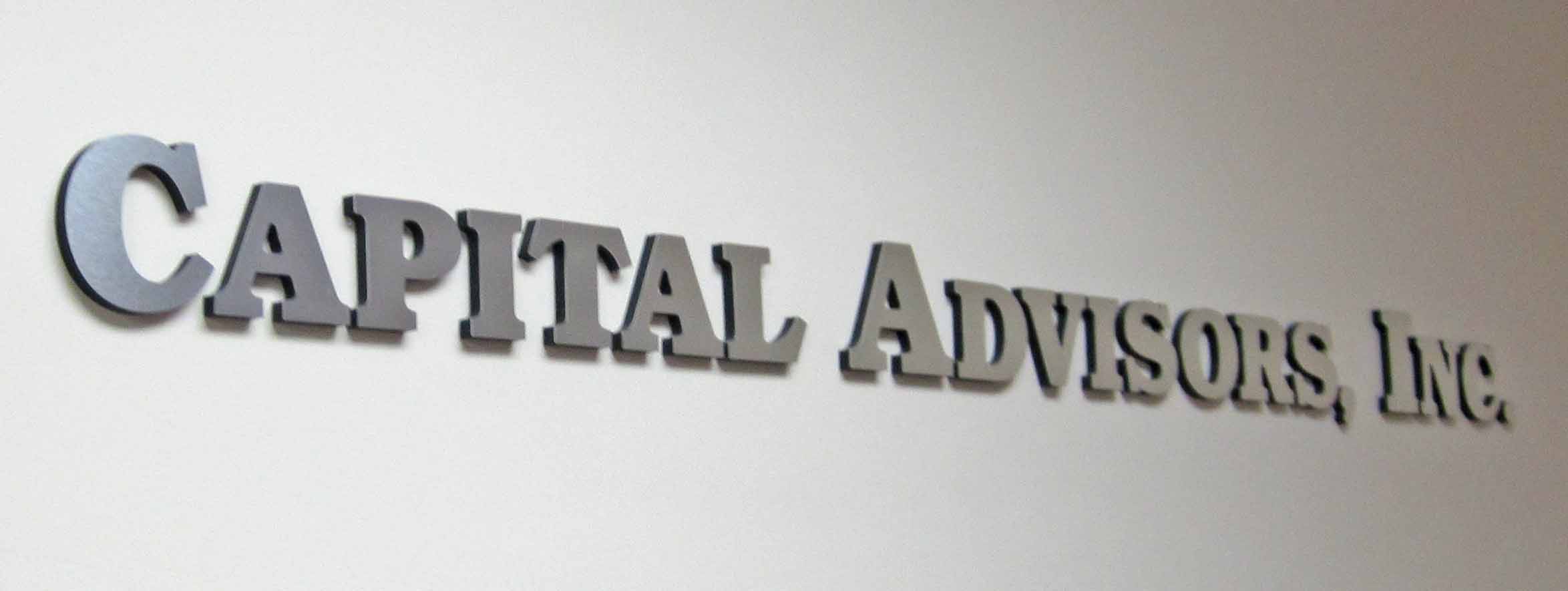October 2025
Some people think that debt is undesirable and should be either avoided altogether or paid off as quickly as possible. Others think debt is their only avenue to acquire desired assets, believing the greater the debt the greater are the assets acquired. However, the truth is that debt can be good or bad and has an optimal level.
There are many people that desire to be debt-free and only use cash to acquire assets. They are afraid that having debt puts them one step closer to bankruptcy. There are many other people that use debt to acquire assets, such as a house, that can’t be acquired by any other means. They then pay off the debt as soon as possible, thinking that any debt is a source of risk to the family’s financial position. Then, there are some people that use debt to increase their returns on investments.
With respect to the value of a business, there is an optimal level of debt that balances the risk of foreclosure or bankruptcy with the higher returns on investment that debt provides. The higher returns that are produced by debt can be seen as follows.
Assume company A has $1 million in total asset value (consisting of publicly-traded stock) no debt and equity value of $1 million, while company B has $10 million in total asset value, debt of $9 million and equity value of $1 million (equity value = total asset value less debt). Now, assume the value of the stock goes up 10%. Company A’s total assets and equity increase to $1.1 million. However, company B’s total assets increased to $11 million, and, due to the magic of leverage, its equity value increases to $2 million, a 100% increase.
It should be noted that although leverage amplifies positive returns on investment, it also amplifies negative returns on investment as well. In the example, if the stock decreased by 10% rather than increased, the total equity value of company A would be $0.9 million, while company B’s total equity value would be $0.
In addition to amplifying returns on investment of a business, debt has the effect of increasing risk of a business with the greater the level of debt the greater the risk.
Since the value of a business is affected negatively by risk and risk is increased by the presence of debt, debt causes the value of businesses to decrease. Debt can be a tool to increase shareholder value, as long as the cost of debt remains below the return on investment. However, mismanaged debt increases the company’s financial risk and can lead to volatility in earnings and cash flows.
The optimal debt level is the one that maximizes the overall value of the business. This optimal level varies by industry and by individual business. This level for an individual business is determined by utilizing the cost of capital and the cost of debt. The weighted average cost of capital (“WACC”) is determined at different debt levels. WACC is then plotted against the debt-to-equity ratio to find the minimum point, which is the optimal capital structure at that point in time. Of course, the optimal capital structure changes constantly, so debt levels should correspond accordingly to keep it at the optimal level.
To summarize, debt has both positive and negative effects on the value of a business and an optimal level of debt can be calculated that maximizes the value of a business.
Relevant Court Cases
-
George Rothwell v. Terry Rothwell,
Arkansas Court of Appeals,
No. CV-24-320,
opinion dated September 17, 2025
-
Hanover Am. Ins. Co. v. Tattooed Millionaire Ent.,
U.S. Court of Appeals for the Sixth Circuit,
Nos. 24-5452/5453,
decided September 25, 2025
Recent Business Valuation Articles
-
“What the Stock Market Can
Teach Us About Private Equity,”
by Richard Ennis and Daniel Rasmussen,
updated October 12, 2025
-
“Understanding the Tax Provisions
of the One Big Beautiful Bill Act:,”
by Samuel A. Donaldson,
posted August 7, 2025
Recent Engagements
- Valuation of the non-voting
common stock of a niche chemical
products firm on a minority
interest basis for stock option
issuance and purchase/sale
purposes.
- Valuation of the member interests
of a mostly real estate holding
company on a minority interest
basis for gift tax reporting purposes.
- Valuation of the voting and
non-voting common stock
of a building materials
supplier on a controlling interest
basis for marital dissolution
purposes.
- Consulting regarding 100% of
the equity of a niche software
firm on a controlling interest basis
for purchase/sale purposes.
 ";
"
";
" ";
"
";
" ";
"
";
" ";
"
";
" ";
"
";
" ";
";
